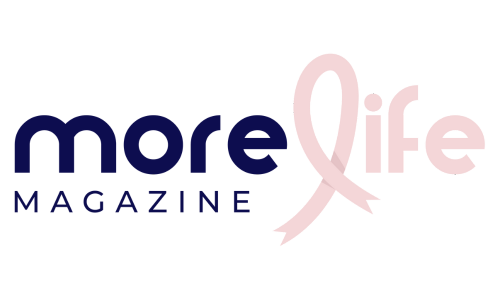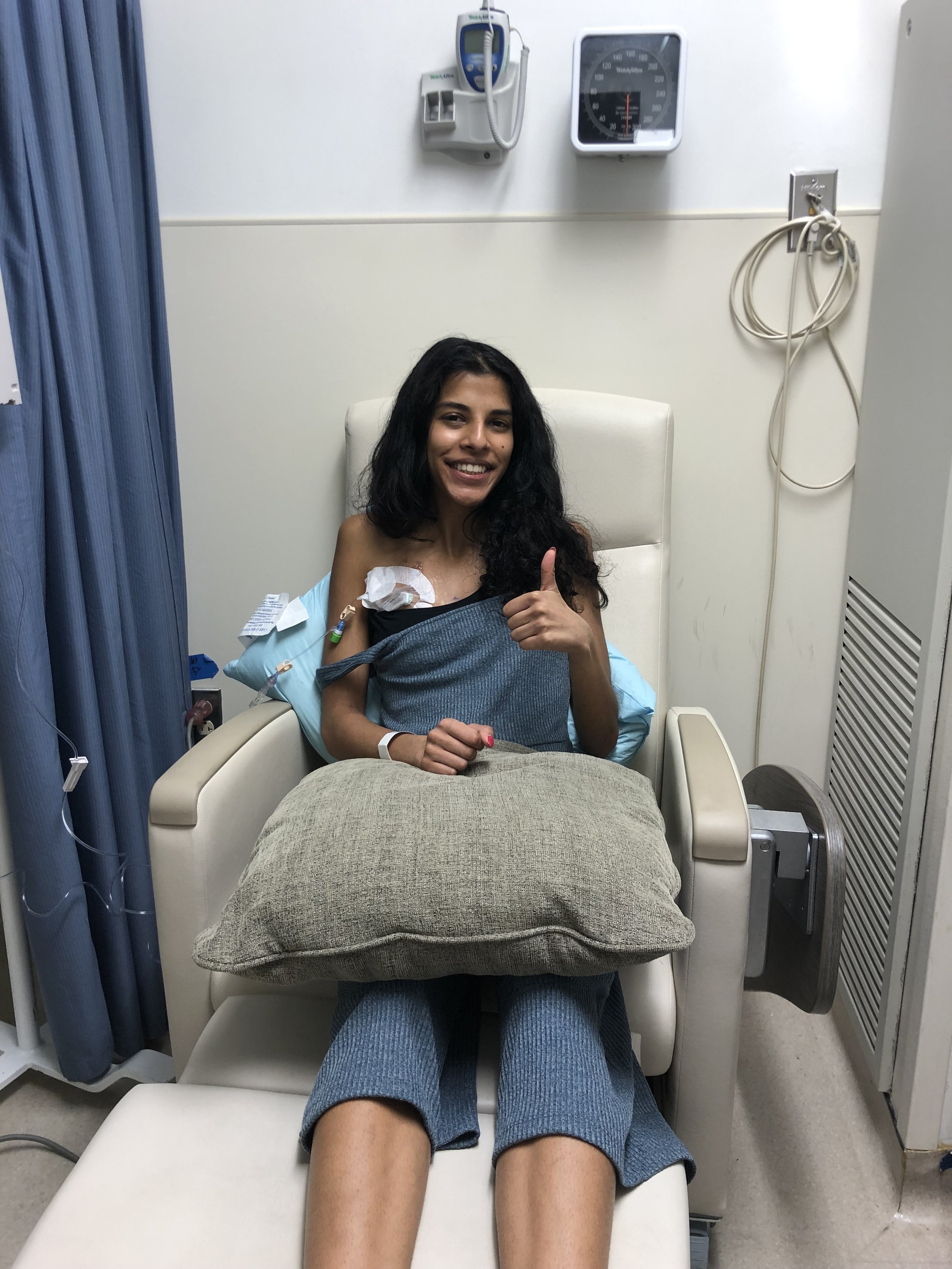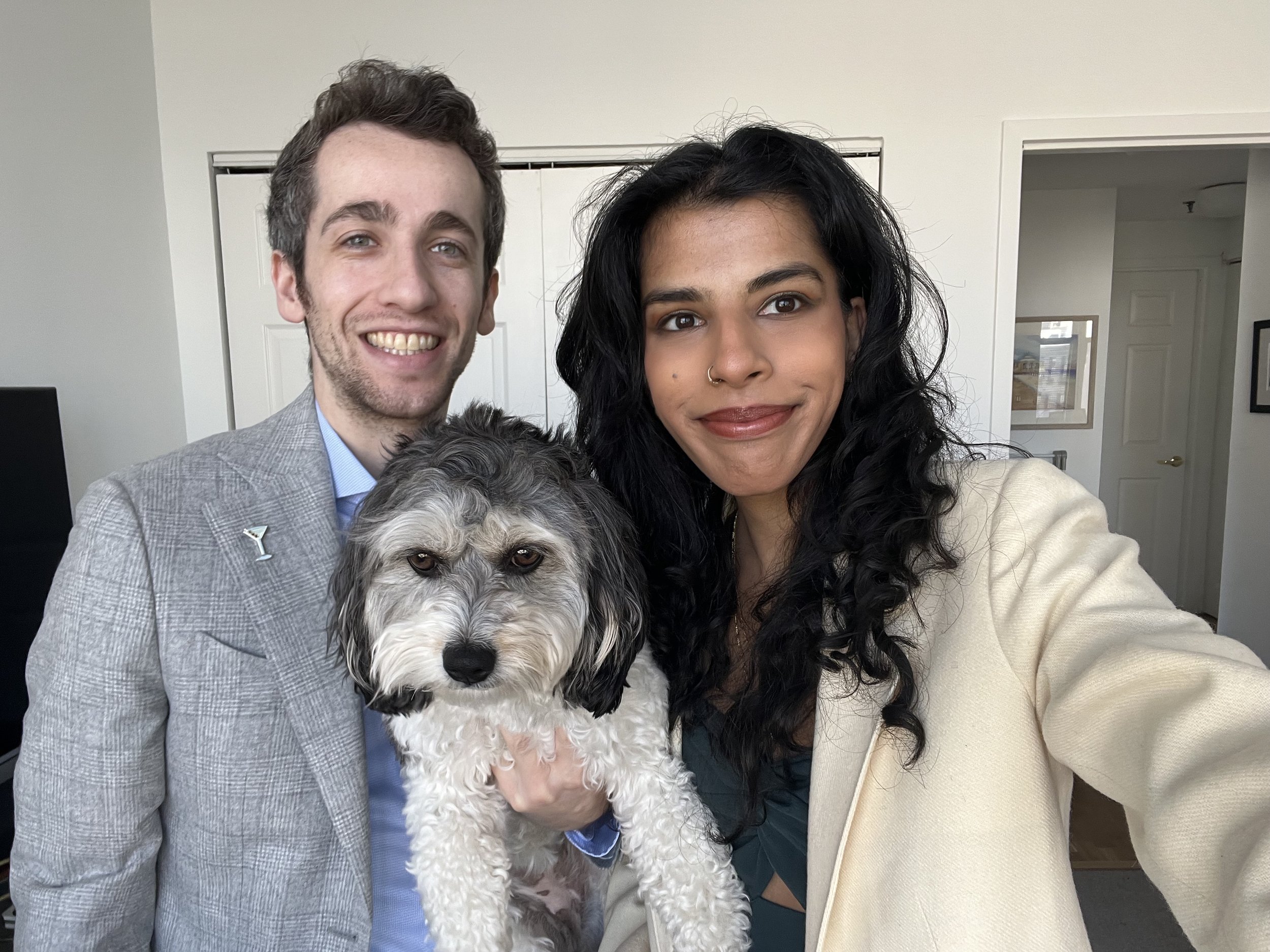Fear Not: Safeguarding the Choice of Motherhood with The Chick Mission
By Susan Pratt
Roshni Katma
In 2019, Roshni Kamta was a young, vibrant 22-year-old who had recently graduated from college. She moved to New York City to embark on her career and establish her independence. Nights were a blast with laughter, adventures, and embracing everything the city offered. But, sometimes, life can throw a curveball even when you are young and full of life.
It started with a lump in her left breast, a symptom she didn’t think much of, figuring many young women just have lumpy breasts. She reasoned that the pain on her left side was a result of her workout routine. And the large bruise on her left arm? Just a regular bruise.
But things escalated after she got stuck in a subway door. She started noticing blood and yellowish discharge on her sheets and nightshirts. She thought the blood was due to her period. But when she noticed the discharge in her bra, she thought, “I need to get this checked out.”
Her appointment with her first doctor left Roshni feeling unheard and dismissed. The doctor didn't think she needed more testing despite her worrisome symptoms. Even after receiving a sonogram and a recommendation for a needle biopsy, the doctor seemed unconcerned when the first available biopsy appointment was almost a month away. Roshni wondered if she was overreacting to her symptoms. She questioned if she should trust her doctor and ignore her own voice.
Thankfully, Roshni stood her ground, and she secured an earlier appointment for a biopsy. Trusting herself was the right way to go. The biopsy confirmed she had stage 2 triple-negative breast cancer.
Adolescents and young adults, people diagnosed between the ages of 15 and 39, can lose their sense of invincibility when diagnosed with cancer.
Roshni was no exception.
The cancer diagnosis shook Roshni’s world in ways she never imagined. She struggled to understand why and thought, “I am so young. How could this possibly happen to me?”. She didn't have a family history of breast cancer and no known genetic mutation. It took her a while to accept that a “why” wouldn't change the diagnosis or the impact of the diagnosis on her future.
At her first appointment with her cancer surgeon, she learned that the treatment could affect her fertility. At this early stage of adulthood, she hadn’t even thought about whether she wanted to have children. To make matters more complicated, not only did Roshni have to think about her fertility, she was presented with an option that cost thousands of dollars. One IVF single can cost up to $20,000 out of pocket
Roshni was fortunate that her surgeon was proactive in discussing how her treatment could impact her fertility. According to experts, fertility preservation consultations and procedures are low even in women who expressed a desire to have children or more children before diagnosis. In a study designed to identify barriers to fertility preservation, 93% of the patients who desired future children at the time of diagnosis received chemotherapy; however, only 34% of these patients had a consultation with a fertility preservation specialist. The most common reasons for declining fertility consultation were cost, concerns about delaying treatment or fears of cancer recurring in the future.
Besides providing Roshni with fertility preservation advice, her surgeon's office recognized the financial burden. And they were able to provide a glimmer of hope: The Chick Mission.
The Chick Mission is a non-profit organization working to ensure every young woman newly diagnosed with cancer has the option to preserve fertility through direct financial support, educational programs, and advocacy efforts. .
Roshni was skeptical about applying, having not received much financial help before. She thought, “No one’s going to help me, so why am I gonna ask?” Once again, Roshni believed she would have to figure things out alone.
The staff member thought otherwise. She told Roshni, “Give me your information, and I will do it for you. You don’t have to do anything.” By her own admission, Roshni wouldn’t have applied since she believed that she wasn’t going to receive any help.
After that, it was a blur for Roshni with the egg retrieval procedure, cancer surgery, and starting chemo. A few weeks post-surgery, she inquired about paying for the egg retrieval procedure. Roshni couldn’t believe what she heard: The Chick Mission had paid the entire cost!
An appreciative Roshni messaged The Chick Mission on Instagram. Through her diagnosis and surgery, Roshni felt unseen and unsupported by the medical community, but this organization saw her and provided the help she needed.
According to Roshni, “They actively want to help people…and want to change the way we handle people with cancer.” She was grateful The Chick Mission saw her “as a whole person and not just a young person who went through cancer.”
Roshni is a vocal advocate for The Chick Mission because “They realize there is a hole in the health care system in helping cancer patients. Doctors want us to get our eggs frozen before [surgery] but [don’t acknowledge] the financial barrier because of insurance [not covering the cost].”
Besides providing need-based grants to cover the cost of fertility preservation procedures, The Chick Mission’s goal is 1) to raise awareness about fertility preservation and 2) to advocate for those who live in states that do not have legislation mandating insurance companies cover fertility preservation. Currently, only 16 states have legislation that ensures the cost of fertility preservation is covered for cancer patients.
Four years post-diagnosis, Roshni is looking forward to a bright future. She’s embracing her healing journey on her own terms, accepting more help, and appreciating the life she and her fiancé (and adorable pup!) have built together.
Roshni’s story is a reminder that, even in the toughest times, there are rays of hope and organizations like The Chick Mission making a genuine difference in people’s lives.
The More You Know
For Patients
Speak Up: It’s best to talk to your cancer care team before having a recommended cancer surgery or treatment to know how it may affect your fertility. Don’t assume your providers will start this important conversation. To learn more, check out the American Cancer Society’s guide called “How Cancer and Cancer Treatment Can Affect Fertility.”
Safety Concerns: A 2022 study published in the journal JAMA Oncology found fertility preservation does not appear to increase the risk of recurrence or death among patients with breast cancer.
For Providers
The American College of Surgeons recommends guiding patients towards grants and charitable resources regardless of insurance status.




